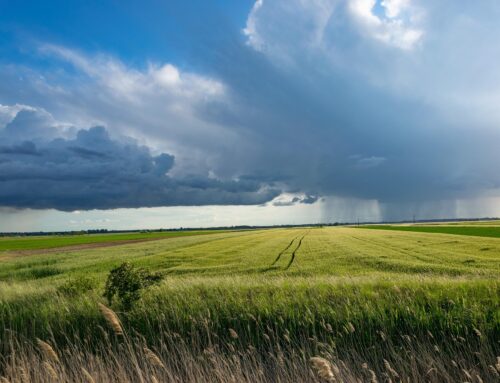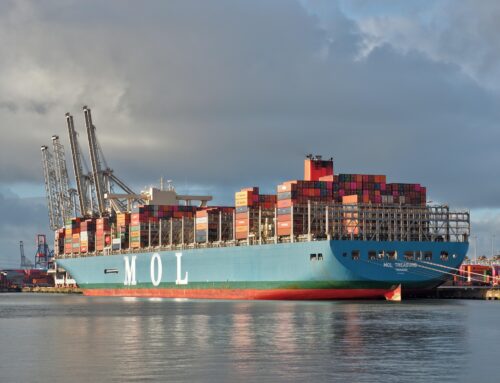Today, the US economy broke a record for the longest expansion in history. The last recession ended in June 2009, so the US economy is now in its 121st month of growth. With this record in place, the drumbeat of pundits predicting the next recession is likely to increase. And with it come questions from clients about whether we need to be doing something to get ready for that recession.
Recessions are not uncommon. Below is a graph showing US growth (GDP) since the mid-1940s. The gray bars signify recessions, with the width of the bar indicating the duration of the recession. Over the last 70+ years, the US has experienced 11 recessions of varying length. But just because the current expansion is a record and just because recessions have happened before, does not mean the next recession is just around the corner.

Here are three reasons why I believe we are not on the cusp of a new recession.
- Notice how the volatility (the highs and lows) of the graph have decreased over time? The highs and lows of the 1950s through the 70s were much greater than the last 20 years. This is likely the result of activity by the Federal Reserve to more effectively manage inflation and employment. A more active Federal Reserve may be able to stave off recessions going forward.
- The last two recessions were the result of bubbles bursting in our economy. In 2001/2002, the DotCom bubble burst; in 2008/2009, the housing bubble/financial crisis led to the Great Recession. Are there bubbles in the economy now? Some might suggest the bond market is in bubble territory and we have already addressed that issue in your portfolios. But I don’t think the equity market is in a bubble. Yes we are at all-time highs, but so are corporate profits. As long as corporate profits are increasing, the market can go up without getting into a bubble.
- While the US has experienced 3 recessions over the last 30 years, Australia has not experienced any. That’s right, Australia has not had a recession in more than 27 years! How? An article from The Atlantic (link below) provides a more in-depth analysis, but here are three key takeaways:
-
Don’t get into the mess to begin with. Australia avoided the subprime-lending boom that tanked the US economy in 2008 and were better able to manage the fallout from the crisis and keep their economy growing.
-
Welcome immigrants. More than a quarter of Australians were born abroad, double the rate in the United States or France. In recent years, the country’s population has grown twice as fast as the U.S. population has. Given that Australia’s immigrants tend to be younger than its native-born population, those numbers have helped improve the country’s fiscal outlook, bolstered its government coffers, expanded its working-age population, and lowered its median age. They have also helped power it out of soft patches, recession-free.
-
Open up to the world. Australia has benefited from being in a rapidly developing neighborhood, close to Vietnam, Indonesia, the Philippines, and especially China. Their growth has fueled Australia’s growth, with the higher-income economy exporting commodities, as well as other goods and services, to those lower-income countries. Trade between China and Australia alone increased tenfold in the 2000s, with Australian exports to China booming and China investing heavily in Australia, too.
https://www.theatlantic.com/ideas/archive/2018/12/what-australia-knows-about-recessions/578482/
Please don’t interpret these points as a political commentary about the current administration. Instead think more broadly about the fact that a well-developed country, with many similarities to the United States, has achieved sustained economic growth for 27+ years without a recession. If Australia can achieve such, why can’t the US economy expand for more than its current 10 years without a recession?
I’m not saying the US won’t experience a recession over the next year or two or three. Instead, like I’ve said many times before – keep your eye on corporate profits. If corporate profits start to contract or come in much weaker than expected, then we’ll think about doing something. Otherwise, try to ignore the day-to-day news cycle and the talking heads clanging gongs about an imminent recession.
If you have questions or would like to chat, please let me know.
Wishing you all a great summer and a Happy 4th of July!






